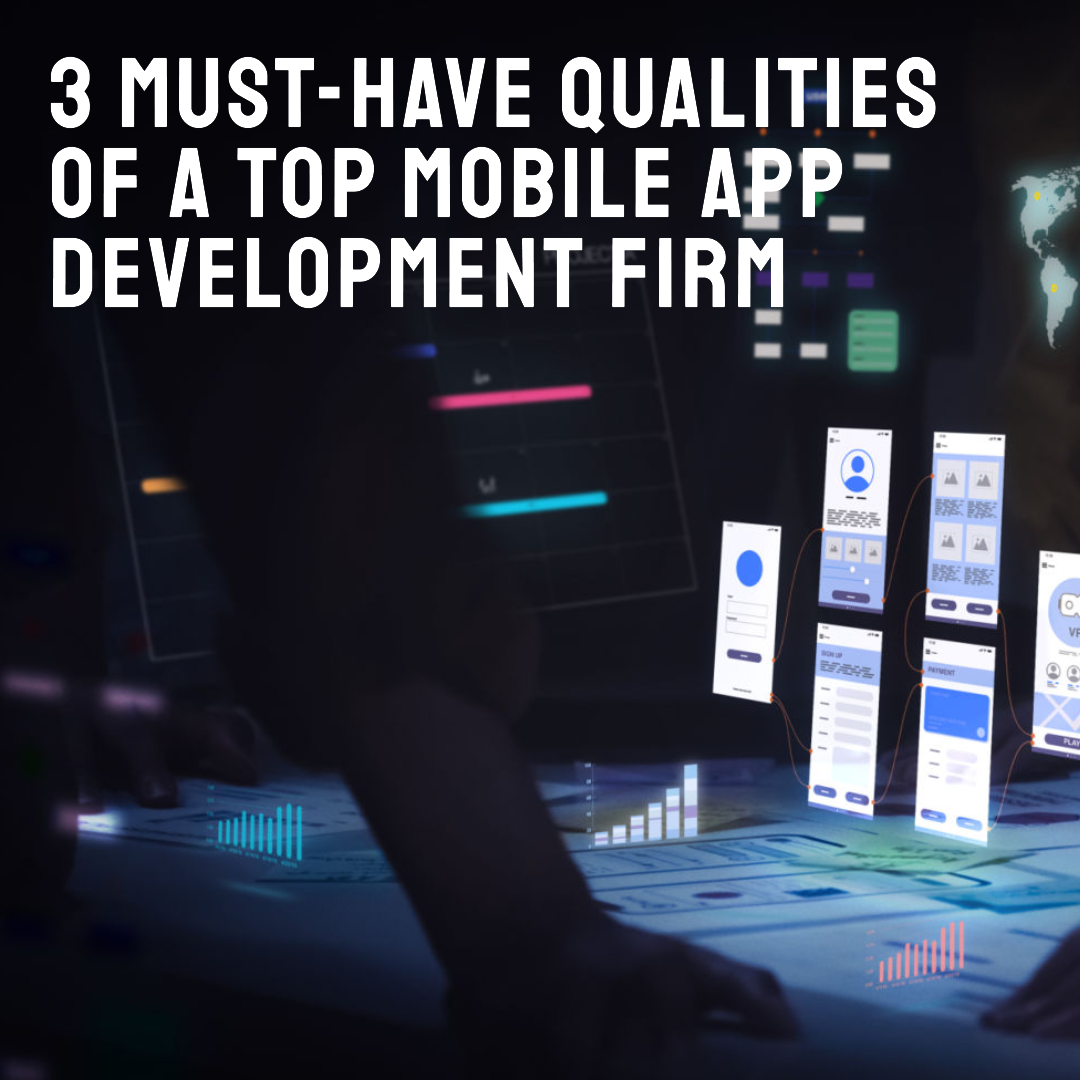So you’ve decided to build a mobile app for your business. Congratulations! A well-designed app can be a game changer, allowing you to connect with customers in new ways. But with over 3 million apps available across iOS and Android, how do you choose the right solution? The options seem endless. Native apps, hybrid apps, progressive web apps – what’s the difference, and which one is right for you?
Don’t worry; we’ve got you covered. In this article, we’ll break down the pros and cons of each approach so you can determine the best mobile app solutions based on your business needs and budget. We’ll explore how native apps provide the best user experience but are expensive to build, why hybrid apps are cost-effective but limited in functionality, and how progressive web apps offer a middle ground with the benefits of an app experience at a lower cost. By the end, you’ll clearly understand the mobile landscape to build an app that achieves your goals and provides real value to your customers. The right solution is out there; you must know where to look!
Native vs. Hybrid Mobile App Solutions
When choosing a mobile app development firm for your business, one of the biggest decisions is whether to go native or hybrid. Native apps are built specifically for one platform, like iOS or Android. Hybrid apps work on multiple platforms using web technologies like HTML, CSS, and JavaScript.
For the best user experience, native is the way to go. Native apps feel natural on the device and can tap into all its features. They tend to load faster and be more responsive. However, developing a native app for Android and iOS requires building two completely separate apps, which can be time-consuming and expensive.
Mobile app development service is a more budget-friendly option since you only have to build one app that works on multiple platforms. They can still access some native features, but they typically don’t feel quite as natural or responsive. Performance may suffer, especially on lower-end devices.
If you need an app on both platforms and want to keep costs down, a hybrid approach could work. But if performance and user experience are top priorities or you only need an app for one platform, native is probably your best choice. Hire mobile app developer that meets all your needs and keeps your customers happy!
Questions to Ask When Evaluating Mobile App Solutions
When choosing a mobile app solution, ask yourself these key questions:
- What are your business goals for the app? Do you want to increase sales, engage customers, or streamline internal processes? Be very clear on how the app will support your key objectives.
- Who is your target audience? Understanding your users is critical to success. Consider factors like age, location, income level, and tech savviness. The more you know about your audience, the better you can tailor the app experience.
- How much do you want to spend? Mobile application development costs can vary greatly depending on the complexity of your app. Be prepared to invest in a quality solution to get your desired results. Cheaper isn’t always better!
- What features and functionality do you need? Map out the key features, tools, and capabilities required to achieve your goals. Ecommerce, social media integration, GPS, push notifications, and analytics are all options.
- Do you have the resources to maintain the app? Don’t forget that launching an app is only the beginning. You must continuously update, improve, and support the app to keep your users engaged. Make sure you have the bandwidth to properly maintain your mobile app solutions.
With the right planning and partner like MIPL, a mobile app solution can be a game changer for your business. Asking the tough questions upfront will ensure you have an app that delivers real value and impact.
Conclusion
In conclusion, choosing the right mobile app developer company for your business requires careful consideration of various factors. Native apps offer the best user experience and performance but can be expensive to develop, especially if you need to target both iOS and Android platforms. On the other hand, hybrid apps provide a cost-effective solution for cross-platform development but may compromise the overall user experience and performance. Progressive web apps offer a middle ground by delivering an app-like experience at a lower cost, although they may have limitations compared to native apps.

